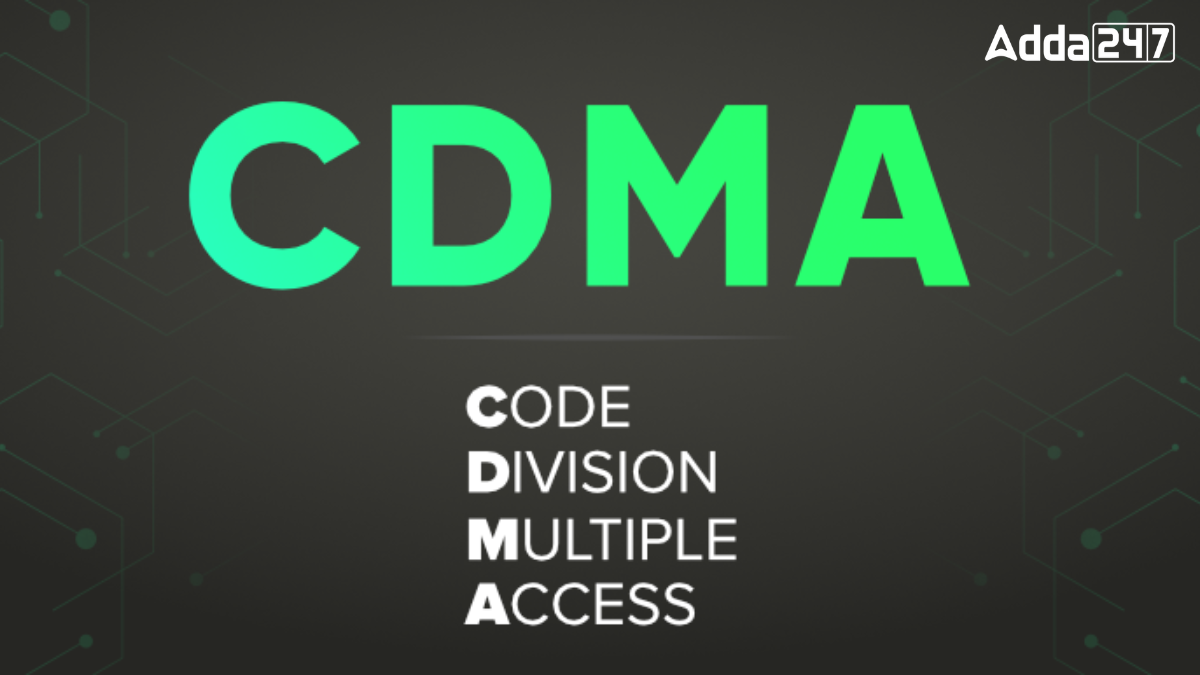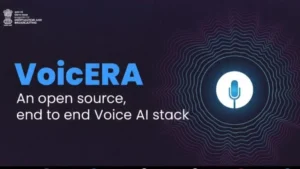CDMA stands for Code Division Multiple Access. It is a method used in communication to allow multiple users to share the same communication channel at the same time. This technique is commonly used in mobile communications, enabling many people to make calls or send messages without interference.
Full Form of CDMA
The full form of CDMA is Code Division Multiple Access. It is a technology used in communication systems that allows multiple users to share the same frequency band simultaneously. By assigning unique codes to each user, CDMA enables data transmission without interference, making it suitable for mobile networks, GPS, and other communication applications.
What is CDMA?
CDMA is a method that allows many people to use the same communication channel at the same time. Instead of dividing the frequency band into separate parts for each user, CDMA assigns unique codes to each user. This means that all users can share the same frequency band without interfering with each other. CDMA works well with Analog to Digital Conversion (ADC), helping to improve how we use the available spectrum.
History of CDMA
The concept of CDMA has a long history. It was first published in 1935 by a researcher named Dmitry Ageev. During World War II, CDMA technology was utilized to protect communications from being jammed. In 1957, Leonid Kupriyanovich used CDMA in a model of a wearable mobile phone. By 1993, the Telecommunications Industry Association approved standards for CDMA technology, and by September 1998, there were 16 million users of CDMA systems across 22 countries.
Characteristics of CDMA
- More Users: CDMA can support more users at the same time compared to other methods like TDMA (Time Division Multiple Access) or FDMA (Frequency Division Multiple Access).
- Full Spectrum Use: All channels in CDMA can use the entire frequency spectrum.
- Power Control: CDMA systems use power control to reduce interference and improve call quality.
- Unique Codes: Each user’s signal is encoded with a unique code to keep it secure.
- Same Frequency: All cells can operate on the same frequency without causing interference.
- Soft Capacity: While there is no strict limit on the number of users, performance can decrease as more people join the system.
CDMA Encoder
The CDMA encoder processes the input signal, which can be a voice signal or digital data. It does the following:
- Multiplies the signal with a unique chip code.
- Converts the signal for transmission using modulation.
- Boosts the power of the signal for effective transmission through antennas.
The encoder is also known as a multiplexer, as it combines multiple signals into one.
CDMA Decoder
The decoder works on the receiving end and performs the following functions:
- Converts the received radio frequency (RF) signal back to an intermediate frequency (IF).
- Uses the chip code to synchronize with the receiver’s code generator.
- Recovers the original data by comparing signals in a process called correlation.
The decoder is sometimes referred to as a demultiplexer because it separates the combined signals back into their original forms.
Advantages of CDMA
- Increased Capacity: CDMA can support more users compared to TDMA and FDMA.
- Security: The transmitted information is less prone to interception.
- Fewer Dropouts: CDMA generally experiences fewer call dropouts, making it reliable, especially in rural areas.
- Lower Costs: Calls made through CDMA are often cheaper than those made using GSM (Global System for Mobile Communications).
- High-Quality Calls: CDMA provides clear voice quality with minimal noise.
- Low Power Consumption: CDMA systems require less power, making them more efficient.
Disadvantages of CDMA
- Limited International Roaming: CDMA does not support roaming in as many countries as GSM does.
- Performance Issues: As more users join, the system’s performance can decline.
- Self-Jamming: This occurs due to the overlap of signals, leading to reduced quality.
- Channel Pollution: This can degrade audio quality in crowded networks.
- Lack of Handsets: Fewer mobile phones are available that support CDMA compared to GSM.




 Which City is known as the Science City ...
Which City is known as the Science City ...
 Which District of Punjab is known as the...
Which District of Punjab is known as the...
 Open-Source & Made for India: VoicER...
Open-Source & Made for India: VoicER...








